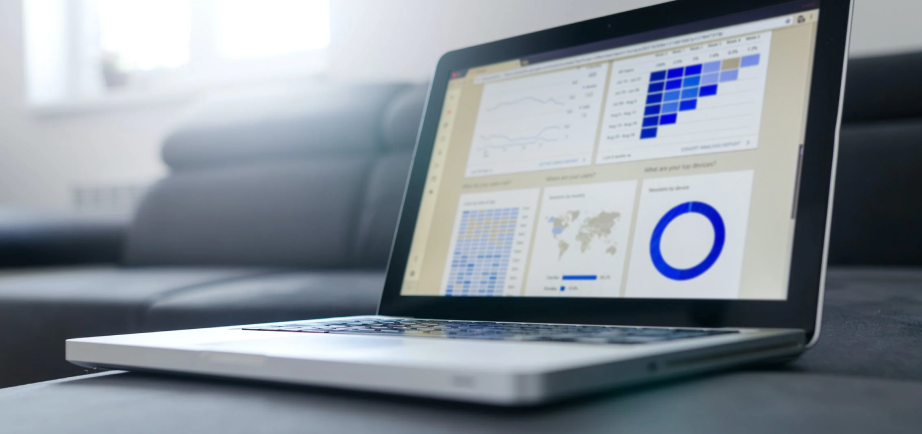
Why Use Automated Data Collection?
I trust that you’ve been making the most of your time off and warm weather by spending time with your family and friends!
With the 2021-2022 school year kicking off soon, I wanted to go over the importance of using automated data collection for your upcoming IEP. I wrote a whole blog on the subject back in 2019, but wanted to quickly share the benefits with you here as you start thinking about goals and what you want to achieve for the next school year. Enjoy!
The Case For Automated Data Collection
If one of your goals for the next school year is to be more organized, using automated data collection for your special education students is, in my opinion, the best way to go. Having easy data collection in special education opens a path to accurate, hassle-free student progress analysis for educators. Here are the main benefits of using data collection software like Datability:
- Instant Information
Say goodbye to collecting information manually! With automated data collection software, collated student data is filtered and graphed instantly, making it much easier for educators, caregivers and parents to evaluate student progress insights.
- More Time For Students
By switching to automated data collection for IEPs, you’ll be saving tons of time, which will allow you to focus on the rest of your students, and give them the one-on-one attention they need.
- Decreased Chances Of Errors
Having the correct data for your special needs students is extremely important. When you start collecting and assessing using automated software, you greatly reduce your chances of manual errors. With informative data, you’ll be increasing the chances of your student’s success and keeping them on the right track.
- Strengthens Your Evidence & Helps Students
Having instant access to graphs, reports, and whether or not goals are being met, means you won’t have to second guess how your student(s) are doing because everything is in one place. The clear information is evidence to back up your claims or ideas for progression moving forward. On top of that, you’ll be saving paper and helping not only the student, but the environment too!
If you’d like to read the whole blog I wrote for more context, you can find it here.
Additionally, check out the site below for some valuable information about progress monitoring with data collection for annual IEP goals.
Progress Monitoring For IEP Goals
If you’ve been enjoying the features, efficiency, and saved time while using Datability, I encourage you to share it with your teacher friends so they can become more efficient and save time too!

Schedule An Info Session
If you think you could benefit from automated data collection for IEP but don’t feel 100% confident using Datability—or you just want to brush up on your knowledge —I recommend scheduling an information session with me. I’d be more than happy to help you in any way I can to make 2021-2022 your most successful and organized school year yet!
As always, you can check out Datability’s video tutorials on the website to get more acquainted with its features and work at your own pace.
Summer Suggestions
I hope you’ve been enjoying and implementing activities from this summer suggestions section! Here are some more fun ideas:

● Volunteer Work: If you’re a teacher you can set up volunteer-like activities at school or in the community. For parents, you can reach out to organizations to arrange volunteer hours for your child, or better yet, volunteer with them so they understand how important it is to help out. Volunteers can help build self-esteem, empathy, and can help with future job applications.
● Cooking or Baking: Cooking and baking while following a recipe can be really fun for parents, teachers, and student! It teaches children how to read and follow correct steps and instructions while learning about different ingredients, words, and can give them a sense of accomplishment when everything is finished and ready to eat!
● Journaling: This is a great activity for kids at home or in the classroom. It encourages students to reflect on their day, how they felt during certain activities, what went right, and what they’ve learned. It can significantly help with mental health at every age and teaches children how to express themselves in a healthy way.